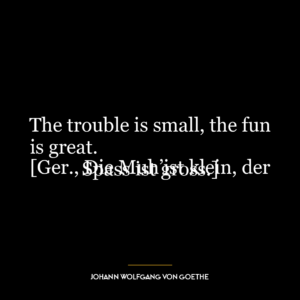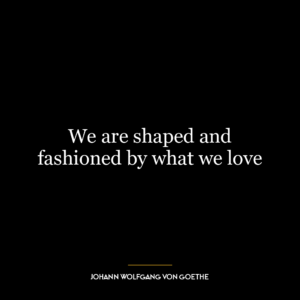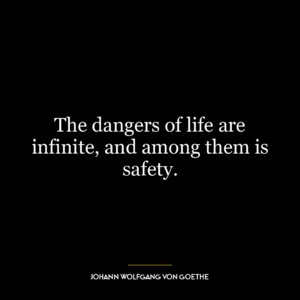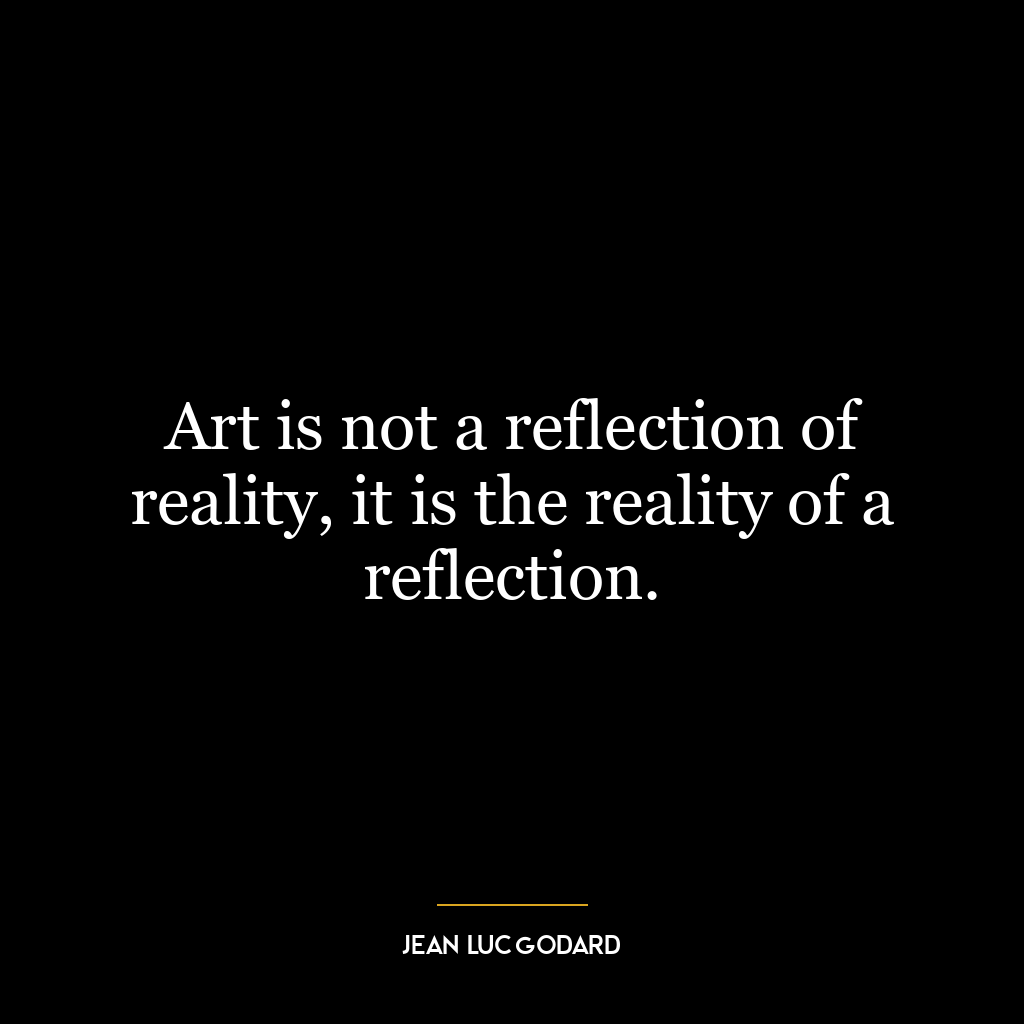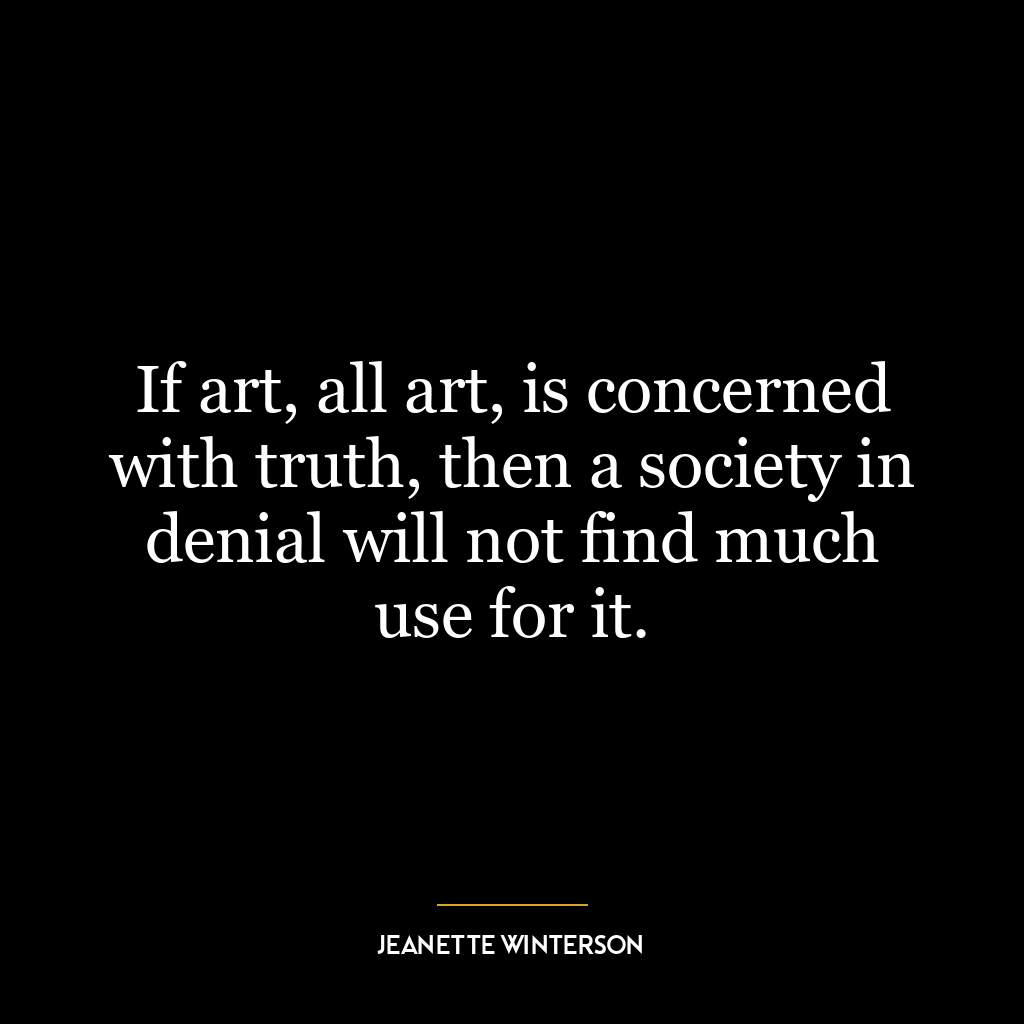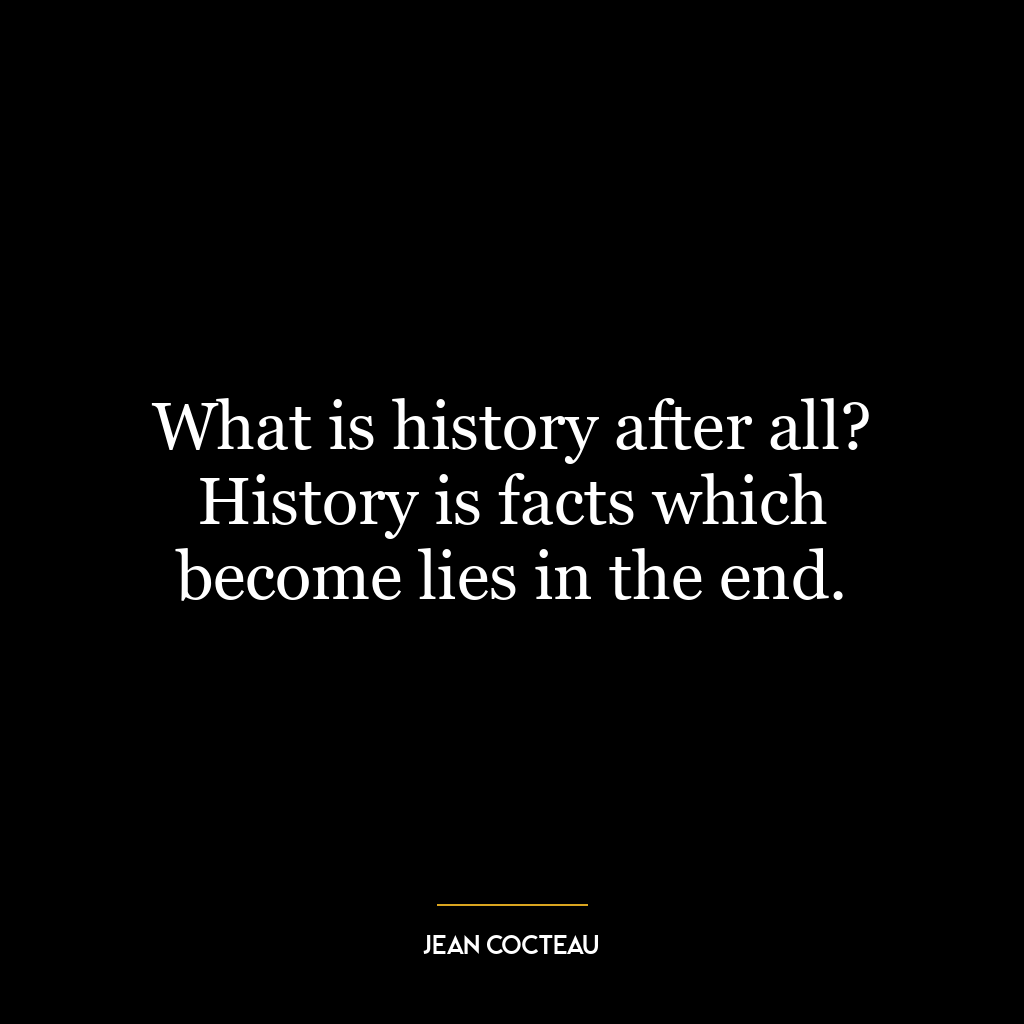This quote implies that errors, represented here by libraries, are external, recorded, and shared widely. Libraries, in this context, are a metaphor for the collective knowledge of society, which includes both truths and misconceptions. These errors are often propagated through generations, as they are recorded in books and other forms of media. They are part of our shared knowledge and culture, but they do not necessarily reflect the ultimate truth.
On the other hand, truth, according to the quote, belongs to the human mind. This suggests that each individual has the capacity to discern truth for themselves, independent of the collective knowledge or errors of society. It emphasizes the value of critical thinking and personal insight in the pursuit of truth. The human mind has the ability to question, analyze, and eventually separate truth from error.
Applying this concept to today’s world, we often find ourselves overwhelmed with information from various sources, including the internet, social media, and traditional media. These sources can sometimes propagate errors or misconceptions, and it can be challenging to discern truth from falsehood. This quote reminds us of the importance of critical thinking and individual discernment in navigating this information landscape.
In terms of personal development, this quote could be seen as an encouragement to trust our own judgment and understanding, rather than relying solely on external sources of information. It suggests that personal growth and wisdom come from the ability to discern truth for ourselves, rather than accepting everything we read or hear without question. It underscores the importance of cultivating a discerning, analytical mind in our journey of self-improvement and personal development.



